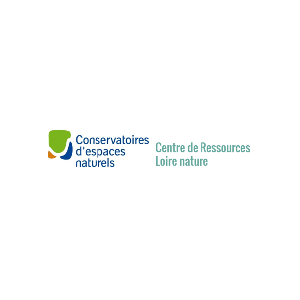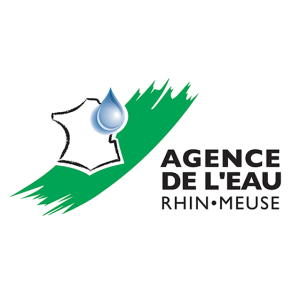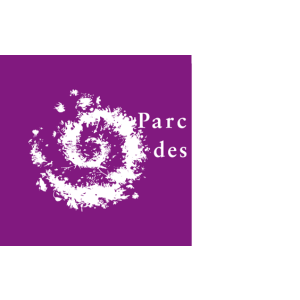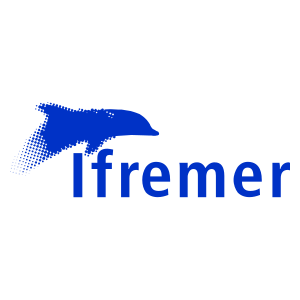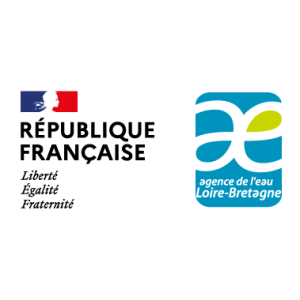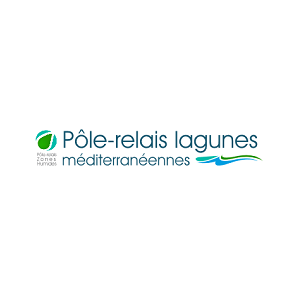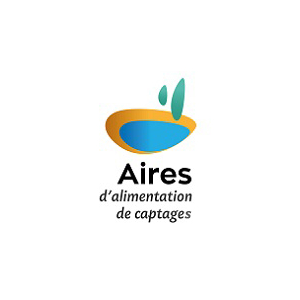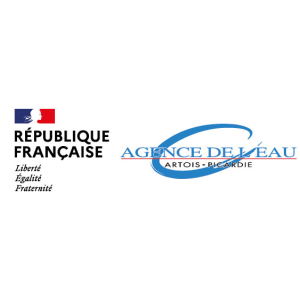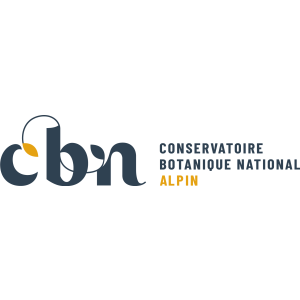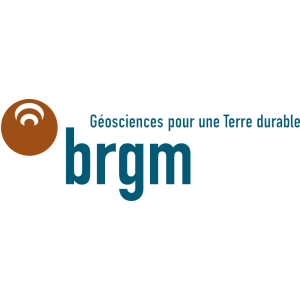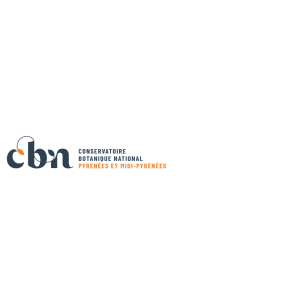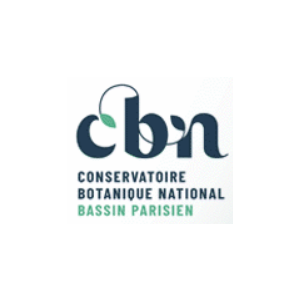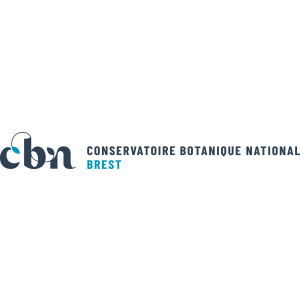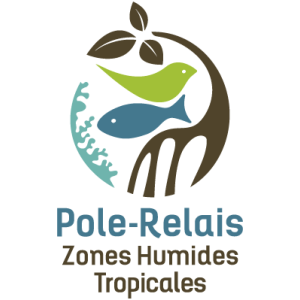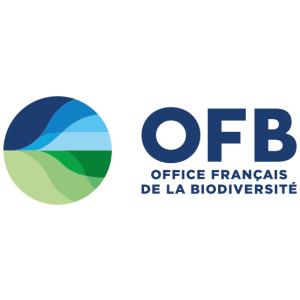
Document généré le 11/01/2026 depuis l'adresse: https://www.documentation.eauetbiodiversite.fr/fr/notice/impact-of-a-plant-based-diet-on-behavioural-and-physiological-traits-in-sea-bass
Titre alternatif
Producteur
Contributeur(s)
EDP Sciences
Identifiant documentaire
10-dkey/10.1051/alr/2013049
Identifiant OAI
oai:edpsciences.org:dkey/10.1051/alr/2013049
Auteur(s):
David Benhaïm,Marie-Laure Bégout,Samuel Péan,Michaël Manca,Patrick Prunet,Béatrice Chatain
Mots clés
Self-feeder
Plant-based diet
Learning
Exploratory behaviour
Cortisol
Date de publication
12/04/2013
Date de création
Date de modification
Date d'acceptation du document
Date de dépôt légal
Langue
en
Thème
Type de ressource
Source
https://doi.org/10.1051/alr/2013049
Droits de réutilisation
Région
Département
Commune
Description
Replacing aquaculture feeds based on fisheries-derived resources with plant-based diets
could be a relevant strategy to improve the sustainability of aquaculture. Recent studies
on sea bass have shown that the total and early replacement of marine products by plant
products would have a moderate effect on fish growth and body lipid content. Whether a
plant-based diet impacts behavioural and physiological traits possibly linked to fish
welfare, is not known, however. Here, we studied the effect of a totally plant-based diet
introduced at an early stage of sea bass development on self-feeding behaviour, learning
ability in a T-maze and stress biomarkers. We first compared learning processes in
self-feeding conditions, between naive fish fed a plant-based diet (PBF) and fish fed a
classic marine diet (MF). Then, we tested fish individually in a T-maze to compare the two
feed groups for swimming activity, exploration and the ability to learn to discriminate
between two two-dimensional objects associated with a reward. Blood physiological
variables, including stress indicators (cortisol and glucose concentrations), were also
determined. We did not find any indications of differences in self-feeding behaviour
between PBF and MF in the first 30 days. A second experiment showed similar swimming
activities in both fish categories. The “no-choice” percentage was high in both fish
categories (~60%), but all the fish moved preferentially toward the reward. Their
first turns indicated an ability to discriminate between two two-dimensional objects to
complete a simple task. However, the high percentage of “no-choice” responses in both fish
categories could have rendered the results non significant. The T-maze test procedure
induced the production of high concentrations of cortisol, indicating acute stress in fish
of both groups during testing. Plasma cortisol concentration was higher in MF than PBF,
suggesting that the plant-based diet may affect the short-term release of cortisol. This
study provides the first insight into the impact of a plant-based diet on sea bass
behavioural traits, and confirms the effect of this diet on cortisol release in response
to stress. Overall, in this first experiment, we did not find any major impact of a
plant-based diet on sea bass behavioural traits, which is an interesting point for the
development potential of such a sustainable aquaculture strategy.
Accès aux documents
0
Consultations
0
Téléchargements
